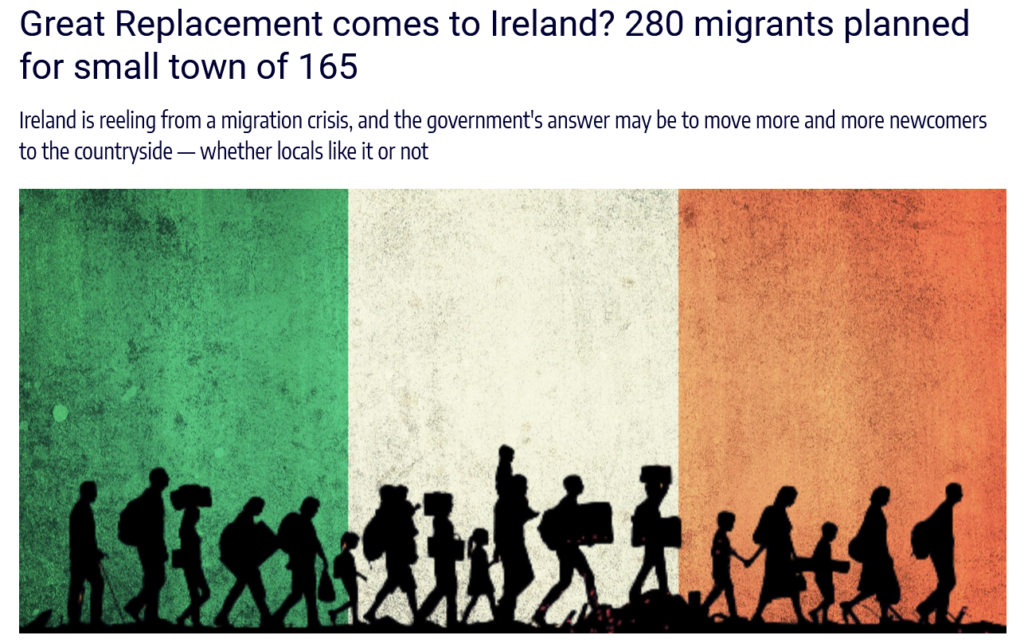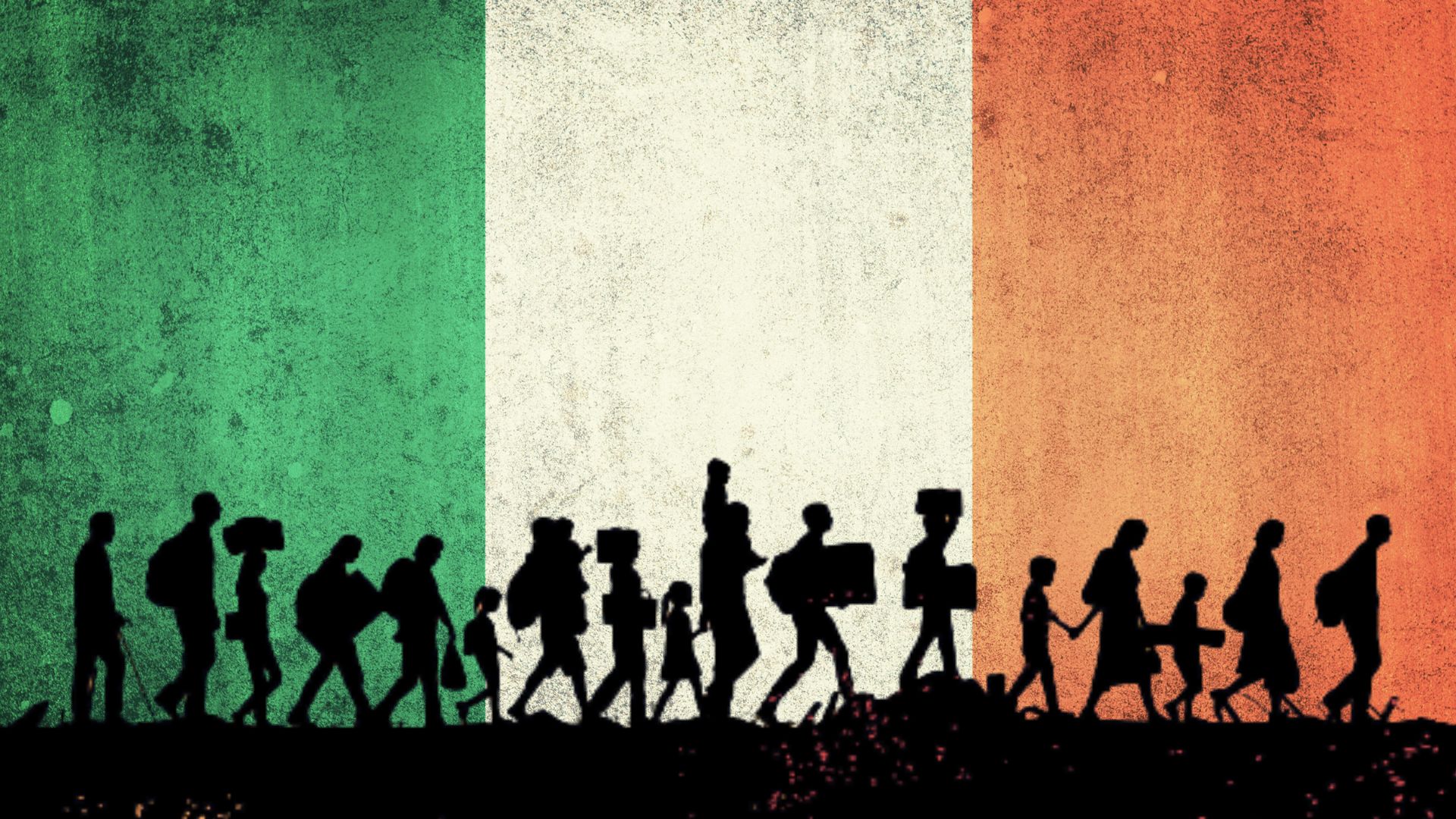Irish Justice Minister Helen McEntee has signaled that Irish citizens should expect a wave of new asylum seekers should the current government remain in office after the general election later this month.
Speaking on The Tonight Show on Wednesday, the Fine Gael politician admitted that plans were in place to ramp up the country’s asylum capacity, telling the show host that soon Irish officials will be able to handle 25,000 applications a year, over 700 percent more than the 3,000 it had typically been processing annually before.
“There’s no doubt that we are seeing figures increase at a rate we’ve never seen before. I mean, you have millions of people on the move. You can’t tell these millions of people who are fleeing starvation, war, and many other crises not to move, not to seek a better life,” she said.
“We are under pressure, of course, we’re under pressure. We’ve gone from a situation where we were providing international protection or we were dealing with applications of about 3,000 to 4,000, that’s now close to 20,000 and we’ll possibly increase again,” she warned.
McEntee explained that she had overseen a mass overhaul of the asylum system “in a way that has never happened before,” and by doubling the amount of staff processing applications, Ireland has been able to “triple the output.”
However, it’s actually going to be far more than triple with the justice minister noting, “By next year, we’ll be able to deal with 25,000 applications,” warning that Irish citizens concerned about the demographic and cultural change enveloping the nation should not expect this to cease any time soon.
McEntee claimed that the plans put in place make it “easier it is to remove somebody if they get a negative decision, and the faster processing that I’ve introduced has meant that some countries have seen a reduction of about 80 percent of people coming from those countries.”
However, Ireland’s mainstream parties do not have a strong record on removals.
Remix News reported last year that almost 4,000 failed asylum seekers who have been issued deportation orders in Ireland over the past five years currently have an “unknown status” in the country.
A Freedom of Information request showed that 4,631 deportation orders were issued to failed asylum seekers between 2018 and 2022.
Of those, the Office of the Garda National Immigration Bureau (GNIB) enforced just 314 orders, or 7 percent, while the Department of Justice provided assistance in 430 other cases (9 percent) for people who voluntarily left Irish territory, leaving 84 percent of failed asylum seekers in the country and unaccounted for.
Other concerning reports revealed that 40 percent of new arrivals who applied for international protection in Ireland in 2022 had either lost or destroyed their travel documents between taking off and arriving at immigration control, meaning authorities had no way of ascertaining the country of origin and effectively determining an application for asylum.
The rapid escalation of immigration has stirred concern among some Irish citizens who worry about the demographic and cultural changes associated with rising migration.
The Irish government has sought to move more and more migrants into the countryside, with one of the latest schemes focusing on shifting 280 asylum seekers to Dundrum, a village in Tipperary County with a population of only 165.

The move has sparked outrage from the local community, which is embroiled in controversy over the new refugee center. If all migrants are relocated as planned, their population would be 70 percent higher than the local population.
The government also plans to convert the Dundrum House hotel into an accommodation complex that will house 280 migrants, with similar plans sparking widespread protests and riots in the Dublin suburb of Coolock recently, with locals there setting fire to construction equipment and battling with police.
These are just two of the many examples of what some in Ireland deem to be the plantation of migrants that will inevitably and irrevocably change the composition of the Irish population.
The Irish head to the polls on Nov. 29 in what is the first major electoral test for Fine Gael Taoiseach Simon Harris.






